Is your SEO strategy actually working—or are you spending money without real results?
Many businesses pay for SEO services that don’t move the needle. This blog breaks down what SEO should cost, where most companies go wrong, and what experienced professionals do to get real, measurable outcomes.
What SEO Really Costs
SEO pricing varies widely. Most businesses pay between $500 and $5,000 per month, depending on their needs and the provider's experience.
Here’s how costs usually break down:
- Monthly retainers: Cover keyword research, content, technical fixes, and reporting
(e.g., $1,000/month for blog posts + monthly audits)
- Hourly work: Often used for audits or consulting
($100–$300/hour)
- One-time projects: For full-site SEO overhauls or redesigns
($1,000 to $30,000+ depending on complexity)
Price alone doesn’t tell you if it’s working. What matters is what you get in return.
The SEO Myth That Wastes Budgets
Many businesses think SEO is a “set it and forget it” project. It’s not.
Search engines change constantly. Competitors update content. New keywords gain traction. If your SEO plan isn’t updated regularly, performance will slip.
Ongoing SEO means:
- Reviewing rankings
- Updating content
- Adjusting to algorithm changes
- Fixing site issues as they arise
Signs You're Wasting Money on SEO
1. You’re Not Seeing Clear Results
If you’re not getting more traffic or ranking higher for target keywords, something’s off.
Use tools like:
- Google Analytics (tracks traffic trends)
- SEMrush or Ahrefs (tracks rankings and competitors)
Run monthly reviews. Are you ranking for new keywords? Are people finding you organically? If not, the strategy needs to change.
2. High Bounce Rates
A bounce rate over 70% usually means your content isn’t matching what people expect.
To find problem pages:
Go to Google Analytics → Behavior → Site Content → All Pages
Sort by bounce rate
If certain pages have a high bounce rate, check:
- Page load speed (use GTmetrix)
- Content quality
- Relevance to the search query
- Navigation and visual layout
Improving UX and matching content to intent often fixes bounce issues.
What Professional SEO Services Do Differently
The best SEO teams don’t just optimize for keywords—they create strategies that connect business goals with real performance data.
They Build Custom Strategies
No two businesses are the same. A pro agency tailors strategy based on your:
- Industry
- Audience
- Competitors
They’ll:
- Research trends (Google Trends, SEMrush)
- Analyze competitors (Ahrefs)
- Set clear KPIs (e.g., 25% growth in organic traffic or 20 new leads/month)
One eCommerce site saw 150% traffic growth in six months by refining its keyword map and restructuring core landing pages.
They Use Data to Guide Decisions
Professional SEO teams review performance constantly—and adjust fast.
For example:
- If a blog post is underperforming, they’ll check rankings, bounce rate, and time on page.
- They’ll revise title tags, rewrite sections, or improve internal linking.
It’s not about guessing. It’s about using Google Analytics, Moz, or Search Console to find what works—and fix what doesn’t.
Keyword Research Isn’t Optional
Solid keyword research is the core of any SEO plan. It guides your content and helps users find what you offer.
Tools Professionals Use
- Ahrefs – deep keyword + backlink insights ($99/month)
- SEMrush – strong for competitive tracking ($120/month)
- Moz – helpful for small businesses
- Google Keyword Planner – free
- Ubersuggest – an affordable alternative
The goal is not just high-volume terms—but keywords that match search intent and lead to conversions.
Professionals Take Content Seriously
SEO isn’t about stuffing pages with keywords. It's about creating useful content that answers real questions.
Their Approach
- Start with audience research (Google Analytics, surveys)
- Map out a content calendar (Trello, Asana)
- Write with SEO in mind (using Yoast SEO)
- Review performance monthly (via Search Console)
One client achieved a 200% traffic boost in six months by updating and reorganizing their blog to match actual search queries.
Monitoring Never Stops
Professional SEO is never finished. It evolves with your audience, your goals, and the web itself.
What They Track
- Organic traffic
- Keyword movement
- Conversion rates
- Bounce rates
- Top-performing pages
Final Takeaway
If you're spending money on SEO and not seeing results, you're not alone—but you shouldn’t settle for it.
Professional SEO services:
- Focus on strategy, not guesswork
- Use real data, not vague promises
- Build content and structure that perform
- Monitor everything—and adapt constantly
Good SEO isn’t just about traffic. It’s about attracting the right people, improving visibility, and turning clicks into business.
 Access Request Form
Access Request Form
 Afterparty RSVP Form
Afterparty RSVP Form
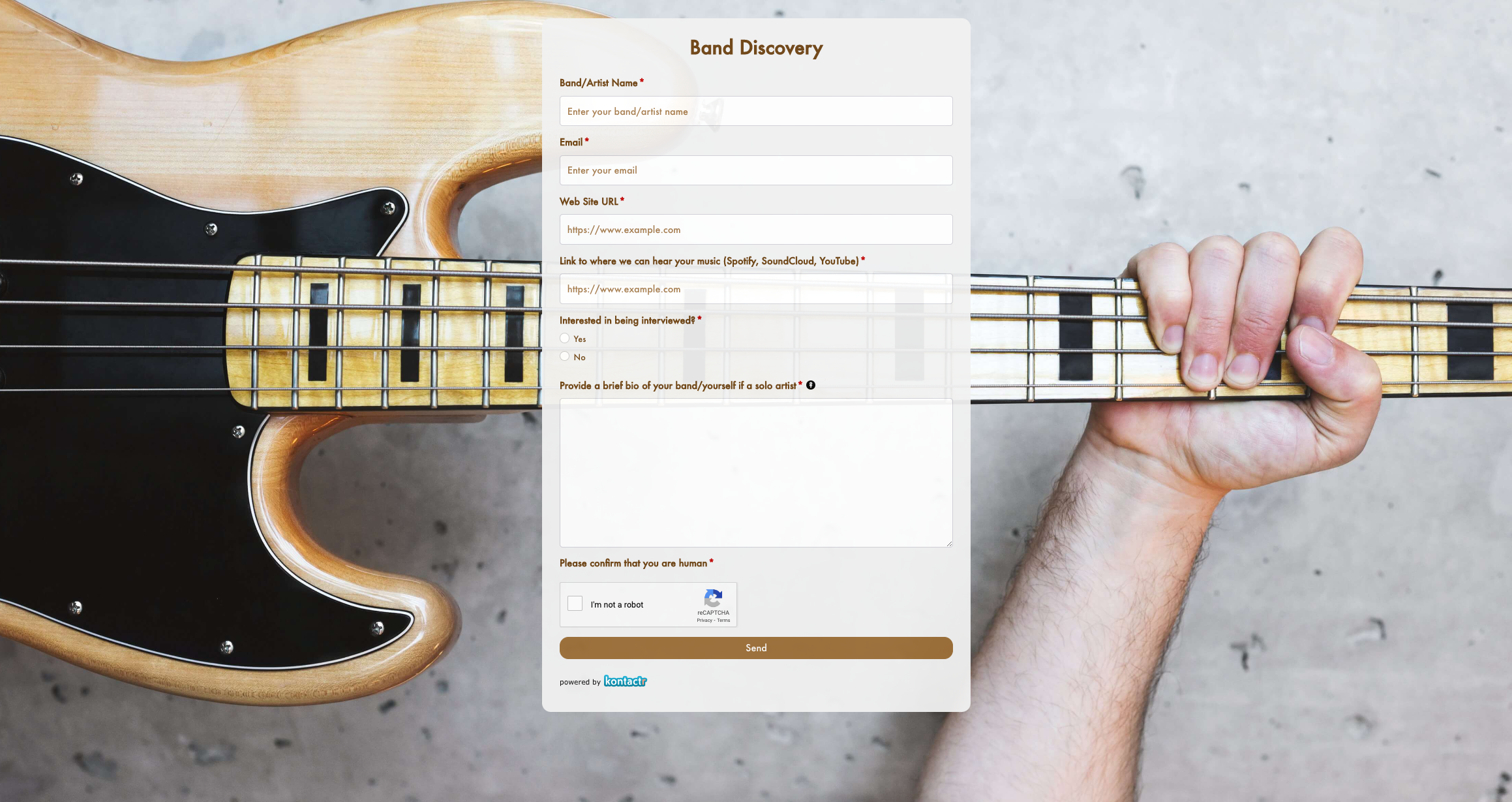 Band Discovery Form
Band Discovery Form
 Book a room Form
Book a room Form
 Booking Enquiries Form
Booking Enquiries Form
 Brochure Mailing Form
Brochure Mailing Form
 Buy a Home Form
Buy a Home Form
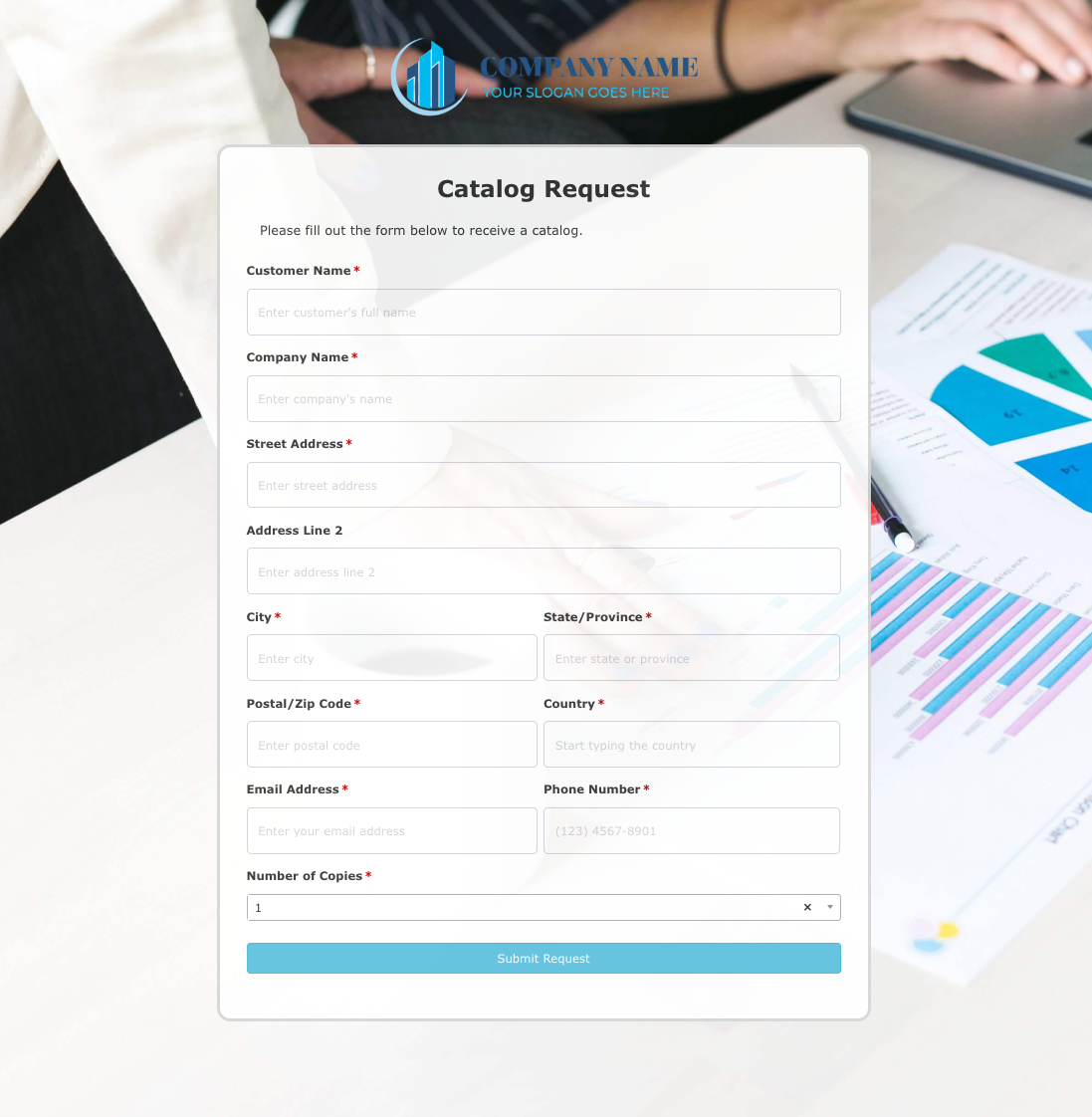 Catalog Request Form
Catalog Request Form
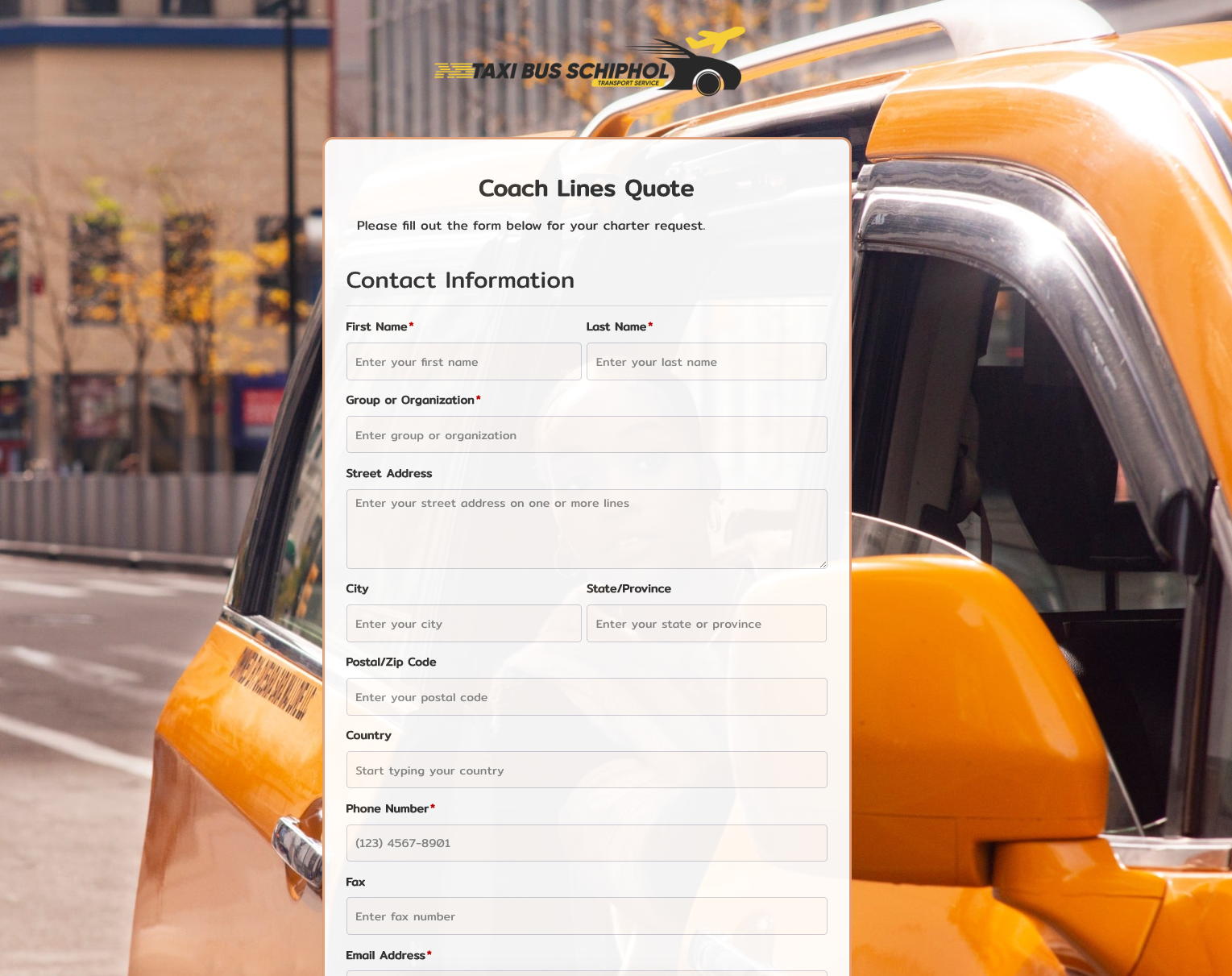 Coach Lines Quote Form
Coach Lines Quote Form
 Contact Us Form
Contact Us Form
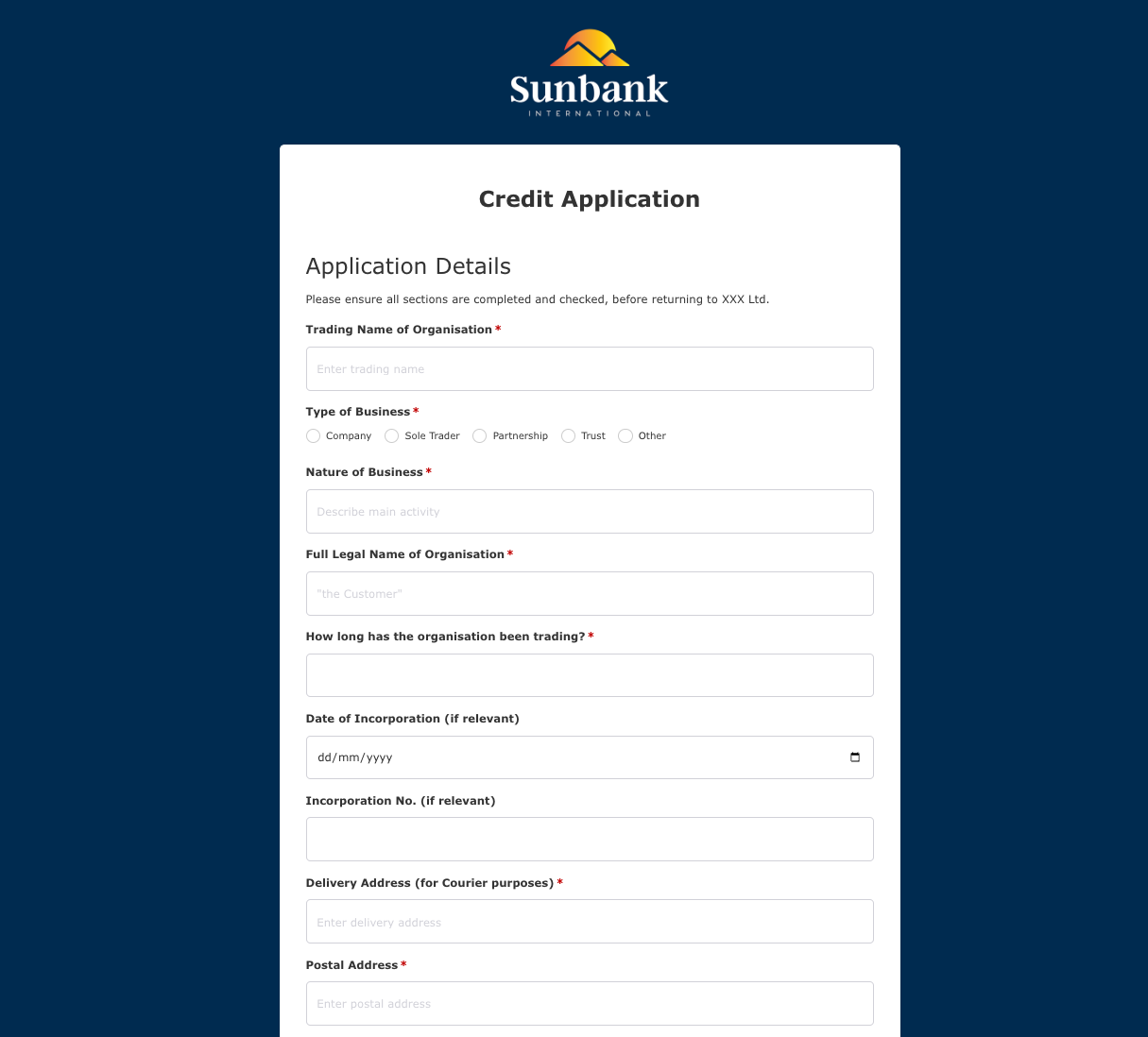 Credit Application Form
Credit Application Form
 Drop me a line Form
Drop me a line Form
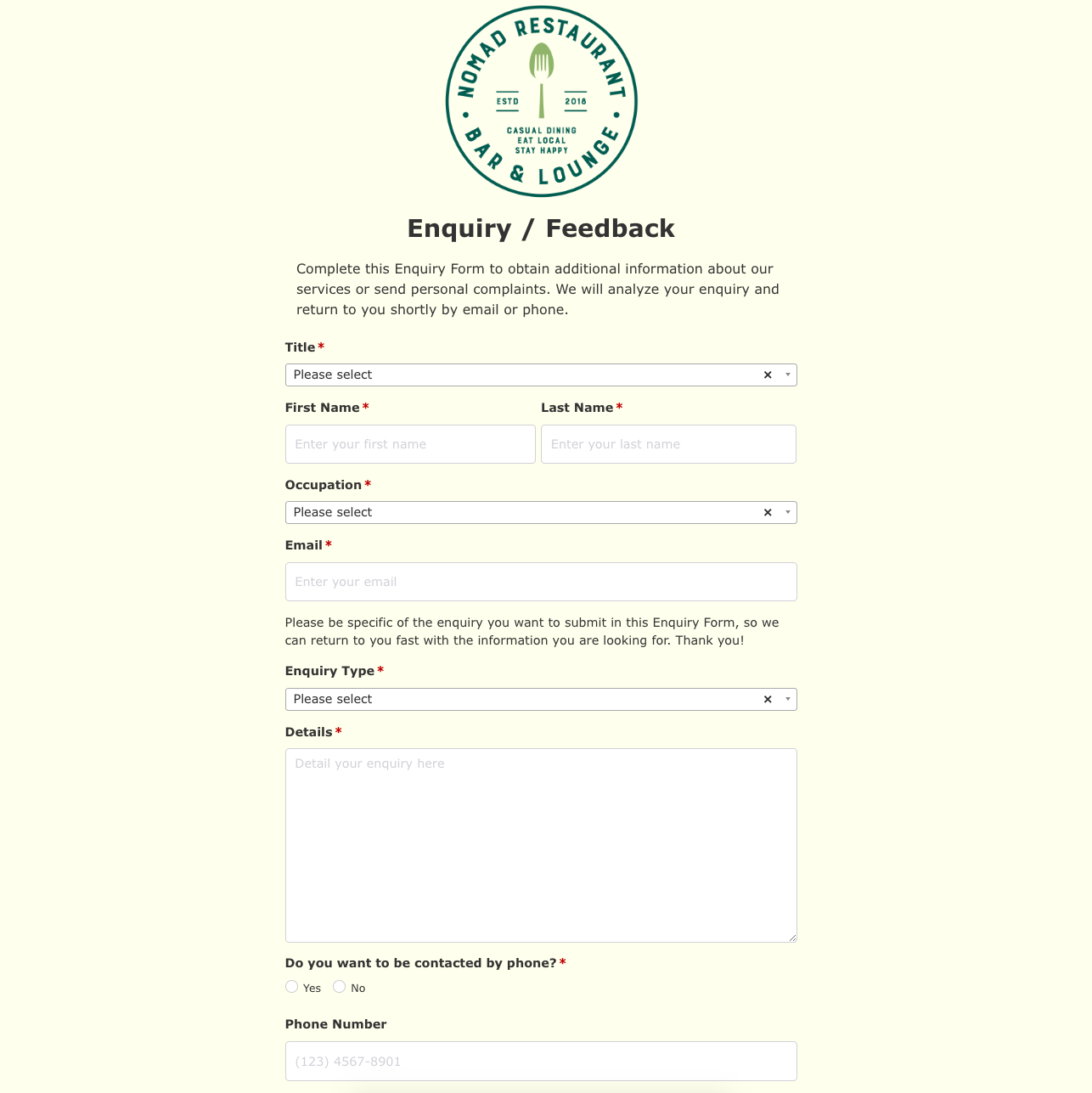 Enquiry / Feedback Form
Enquiry / Feedback Form
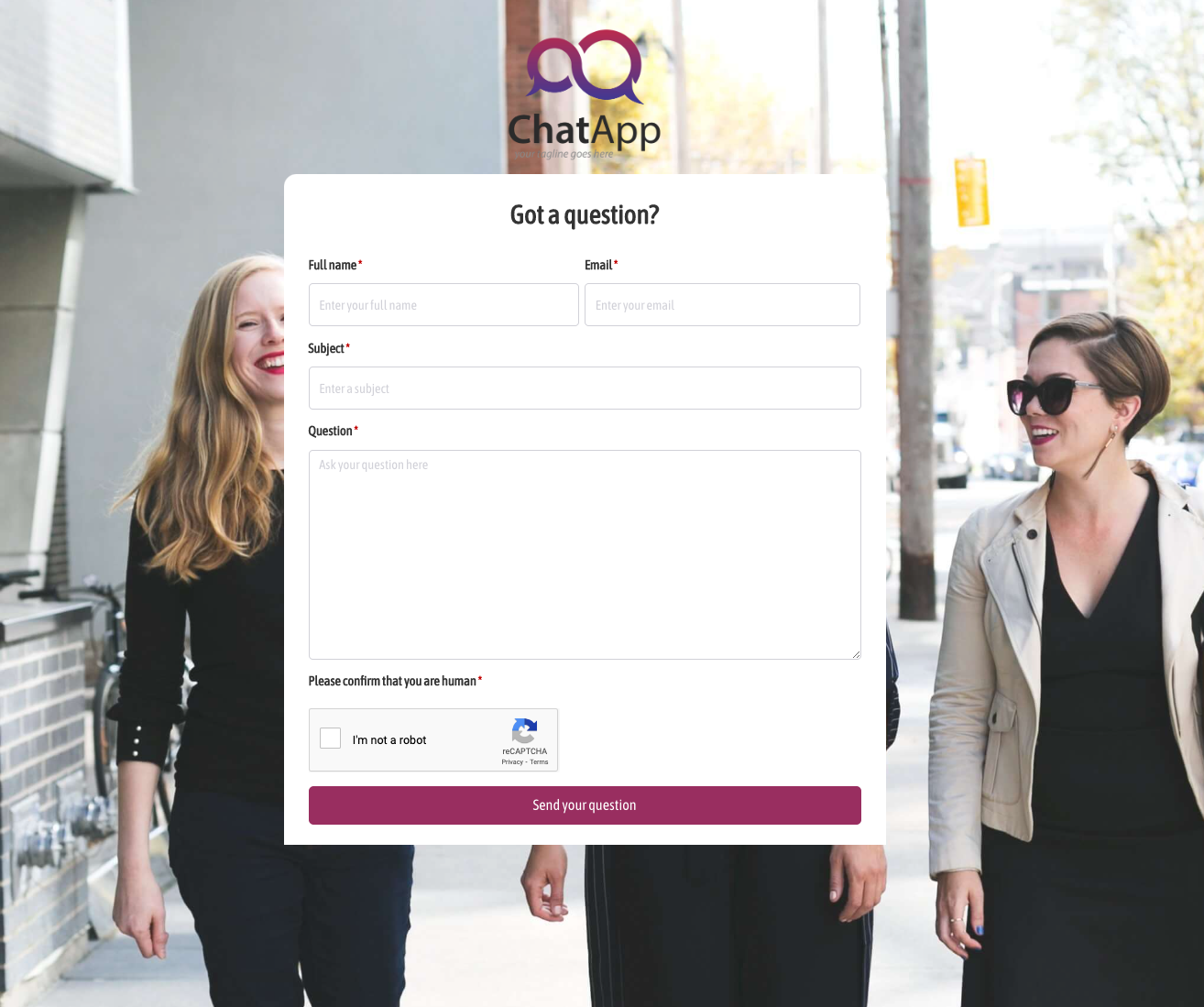 Got a question? Form
Got a question? Form
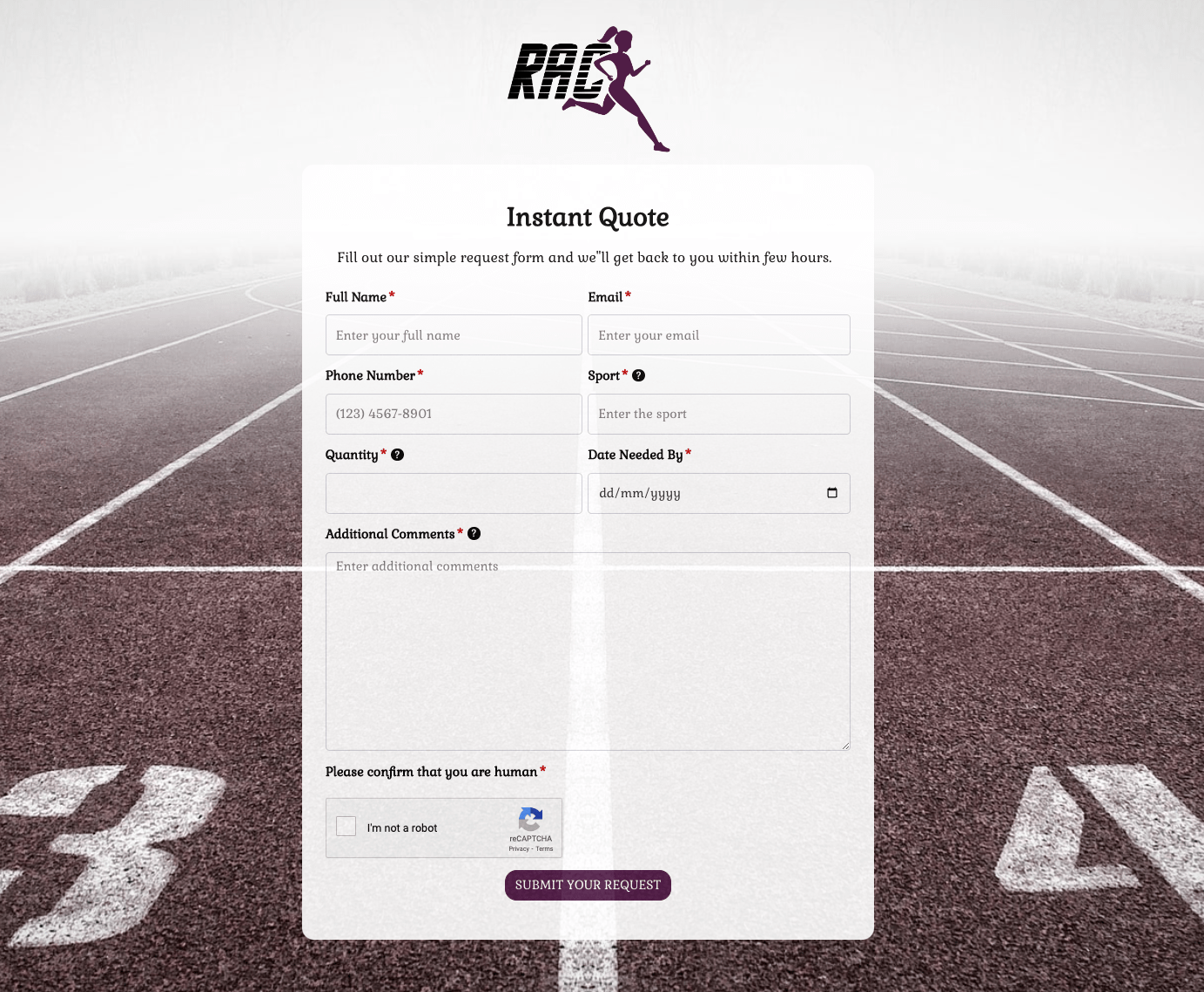 Instant Quote Form
Instant Quote Form
 Job Application Form
Job Application Form
 Language & Literacy Lab Form
Language & Literacy Lab Form
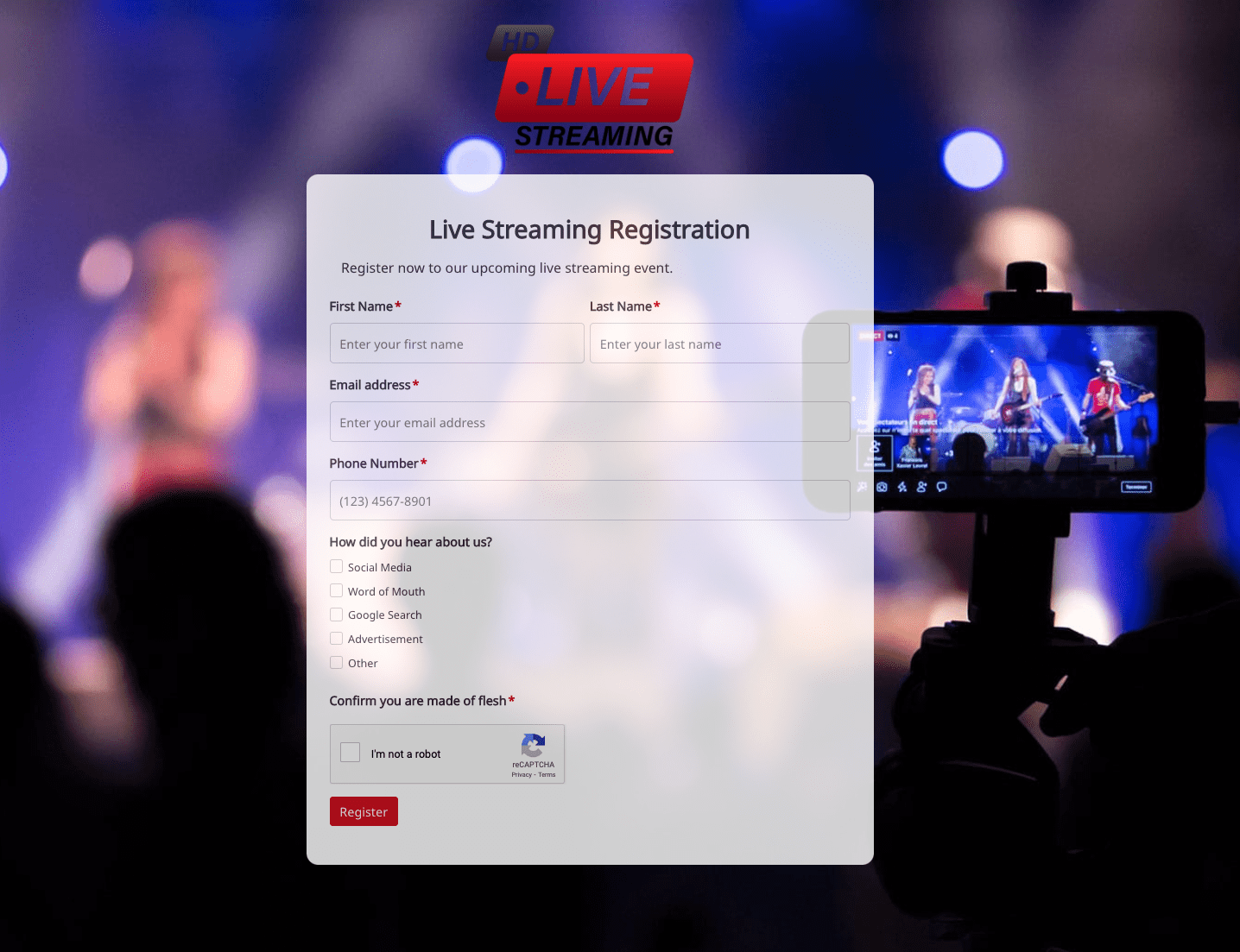 Live Streaming Registration Form
Live Streaming Registration Form
 More Information Form
More Information Form
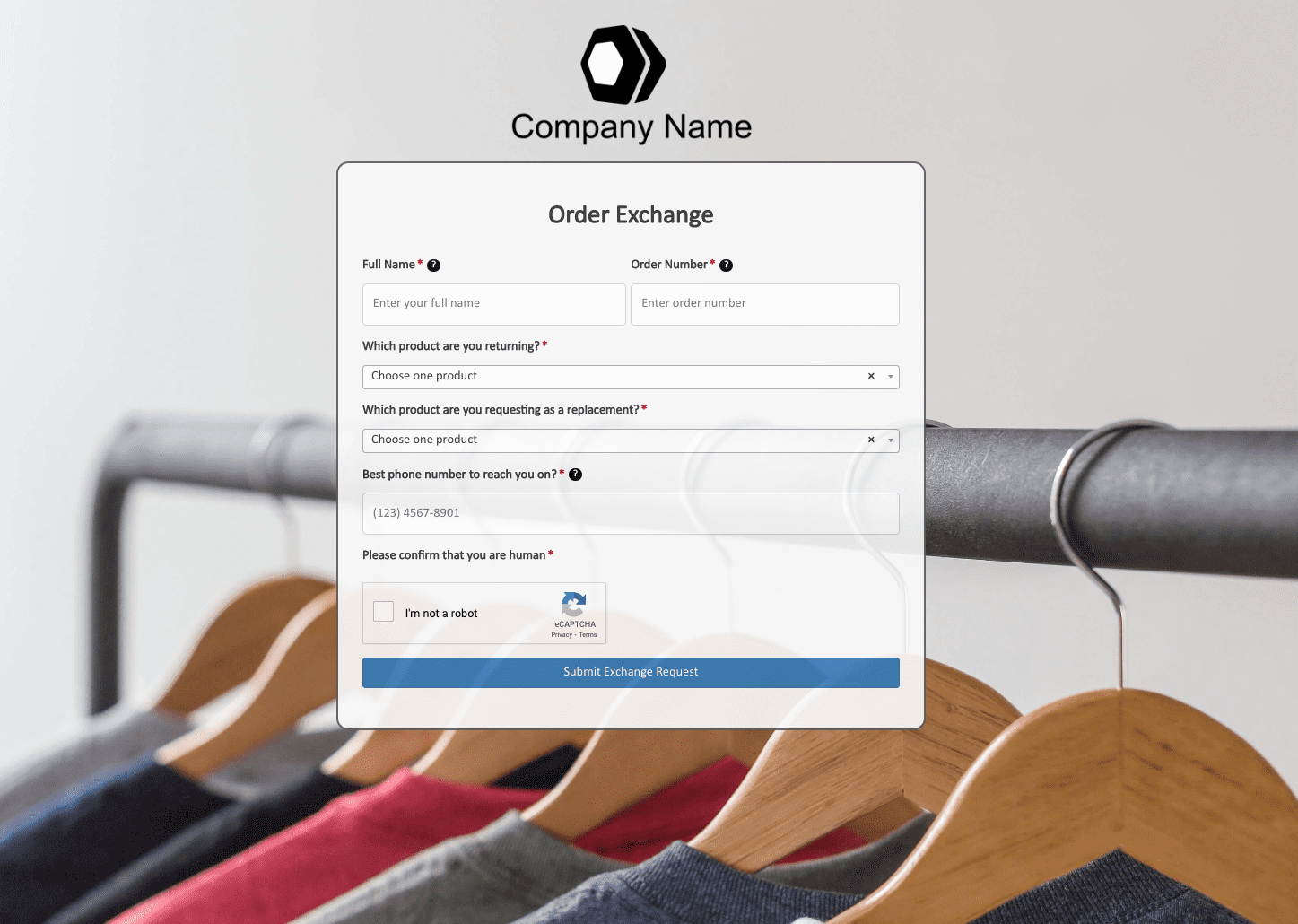 Order Exchange Form
Order Exchange Form
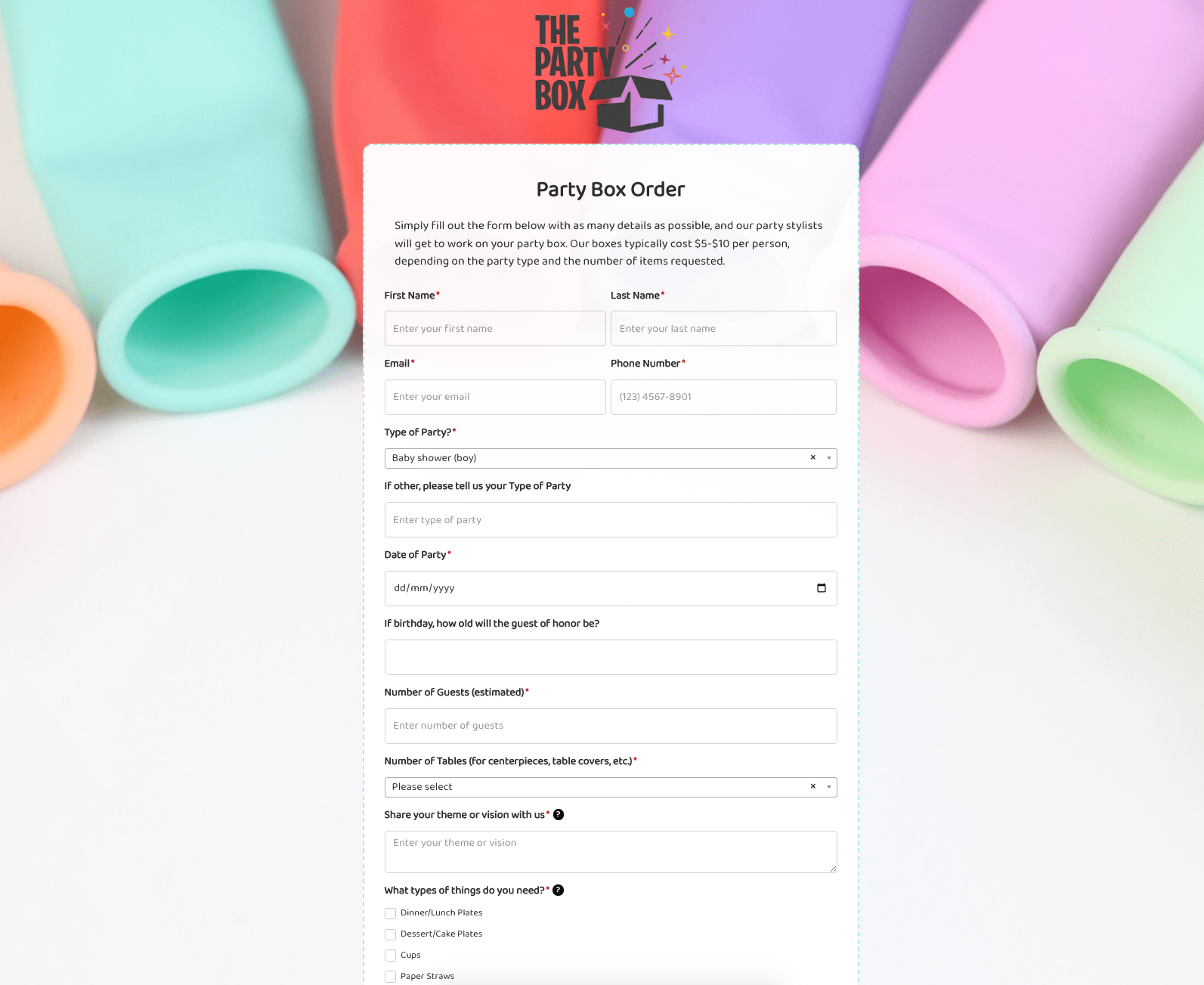 Party Box Order Form
Party Box Order Form
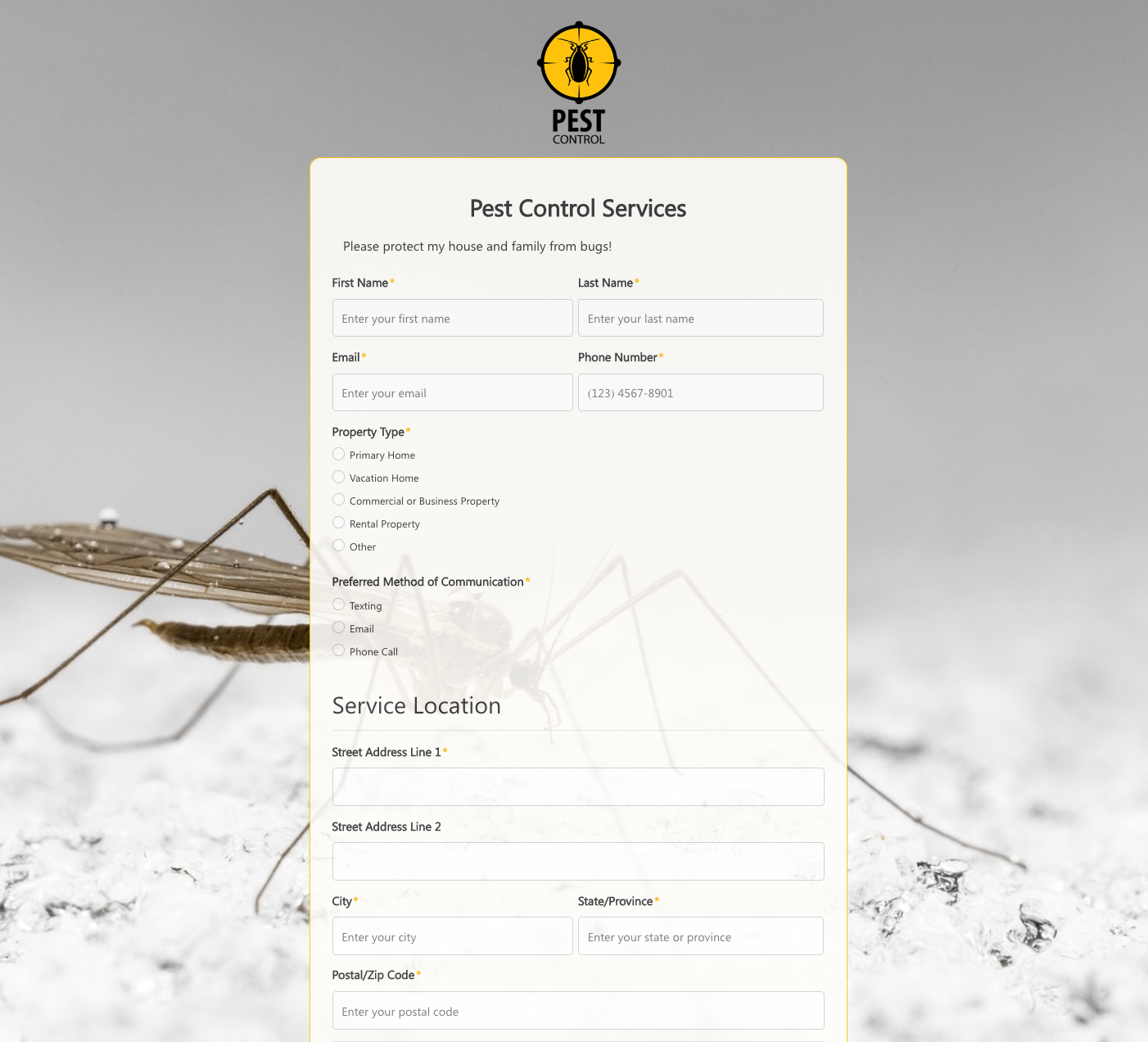 Pest Control Services Form
Pest Control Services Form
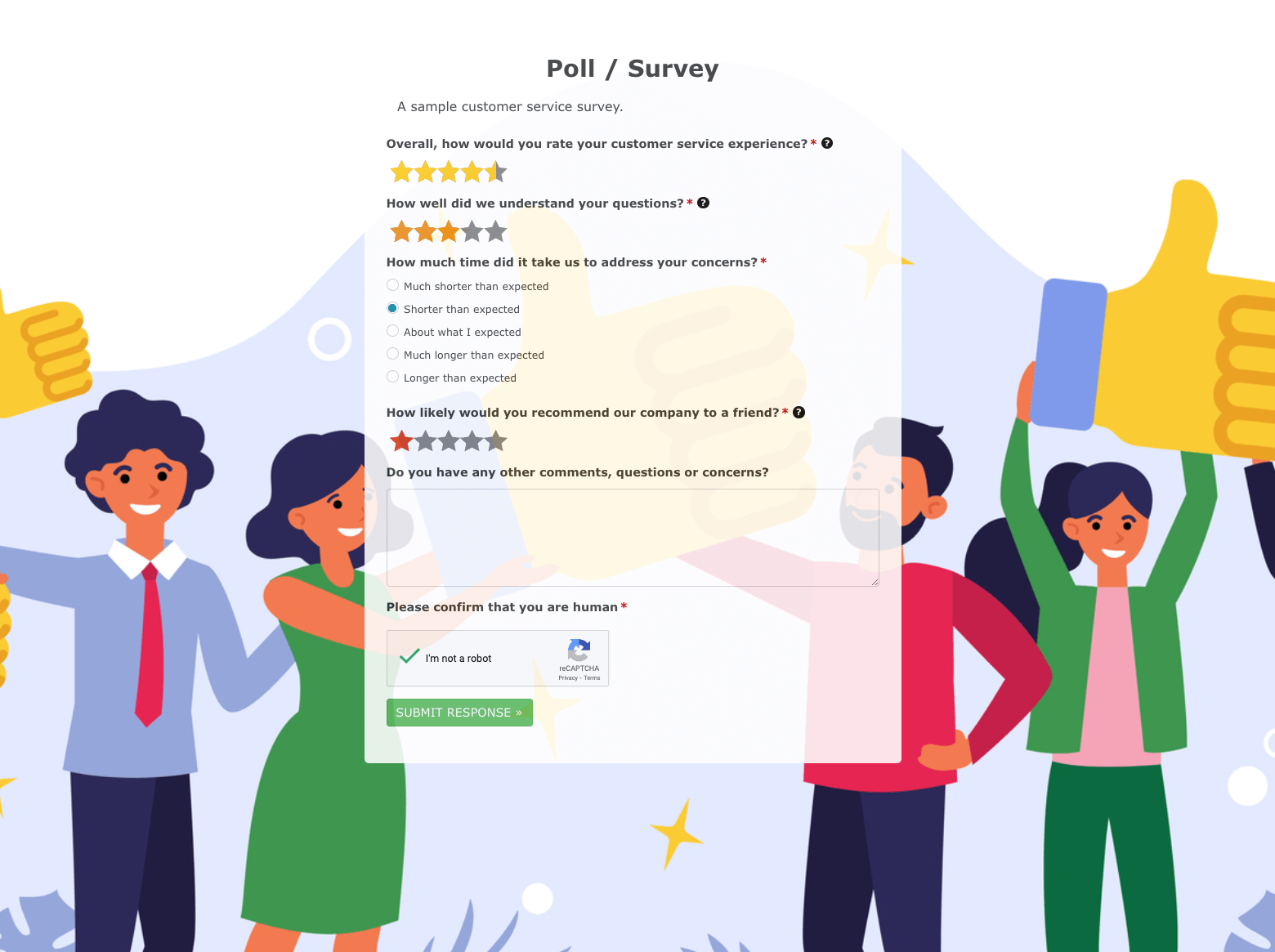 Poll / Survey Form
Poll / Survey Form
 Receive Ebook Form
Receive Ebook Form
 Refinance Mortgage Form
Refinance Mortgage Form
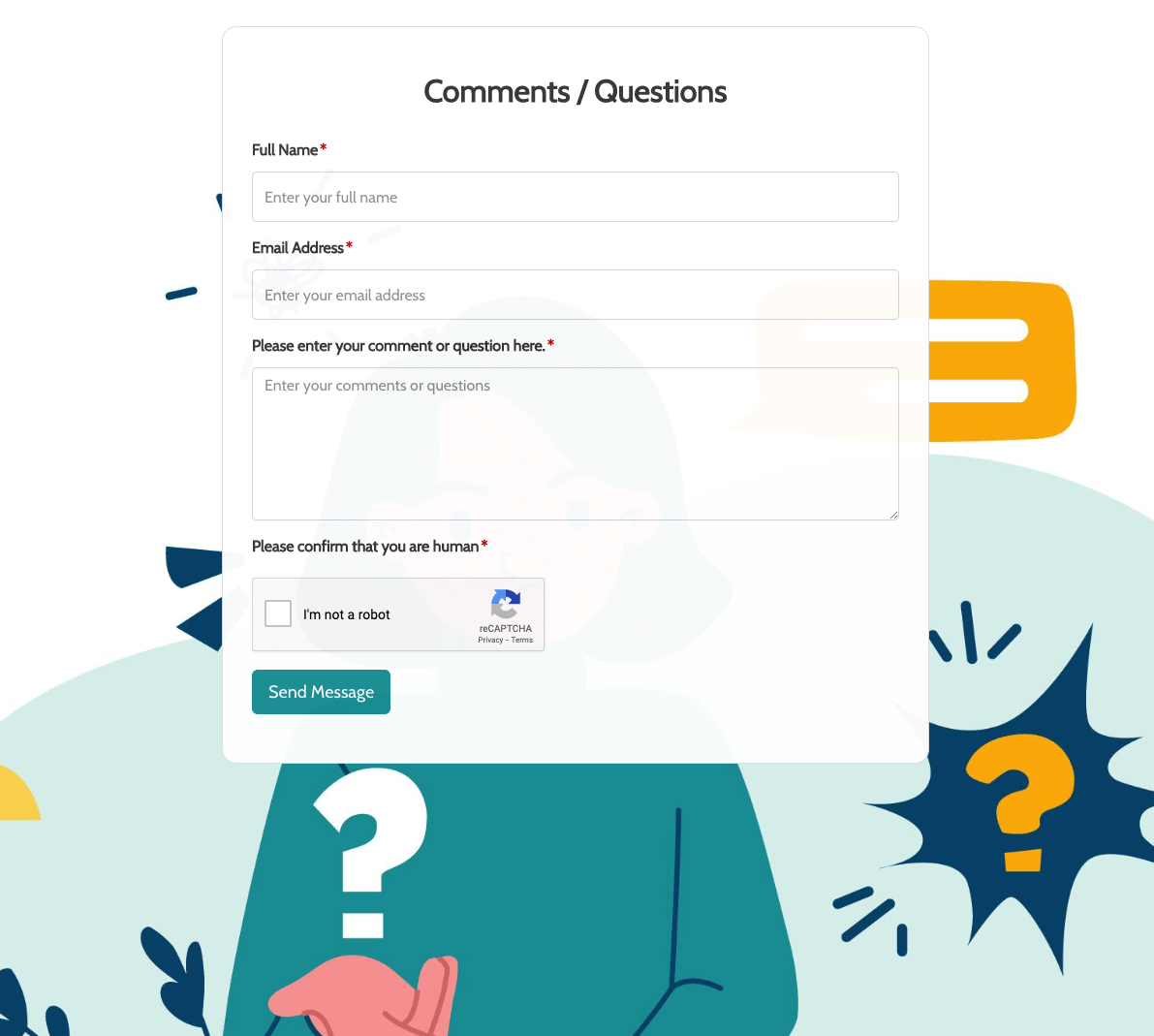 Remarks / Questions Form
Remarks / Questions Form
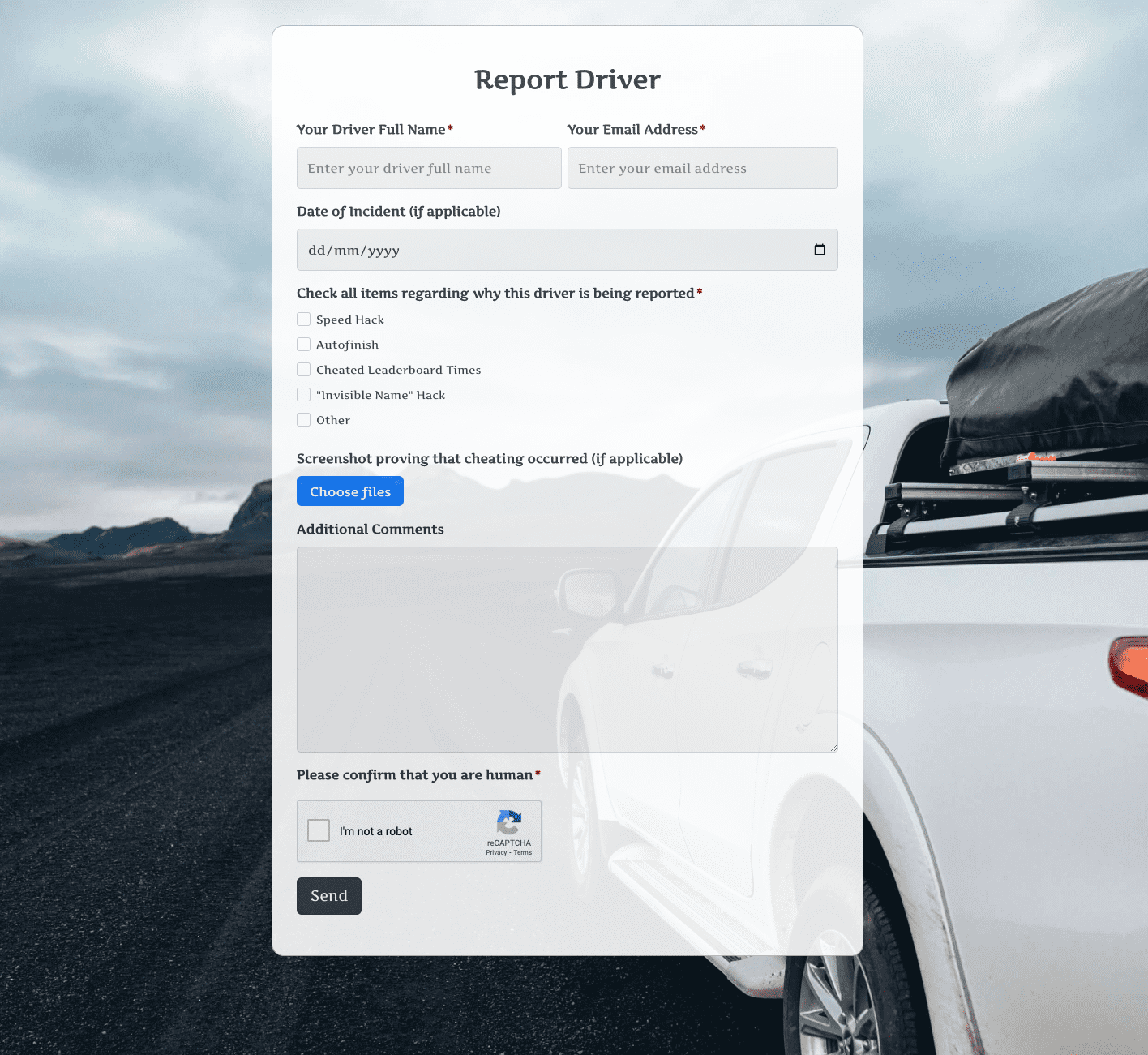 Report Driver Form
Report Driver Form
 Retreat Information Form
Retreat Information Form
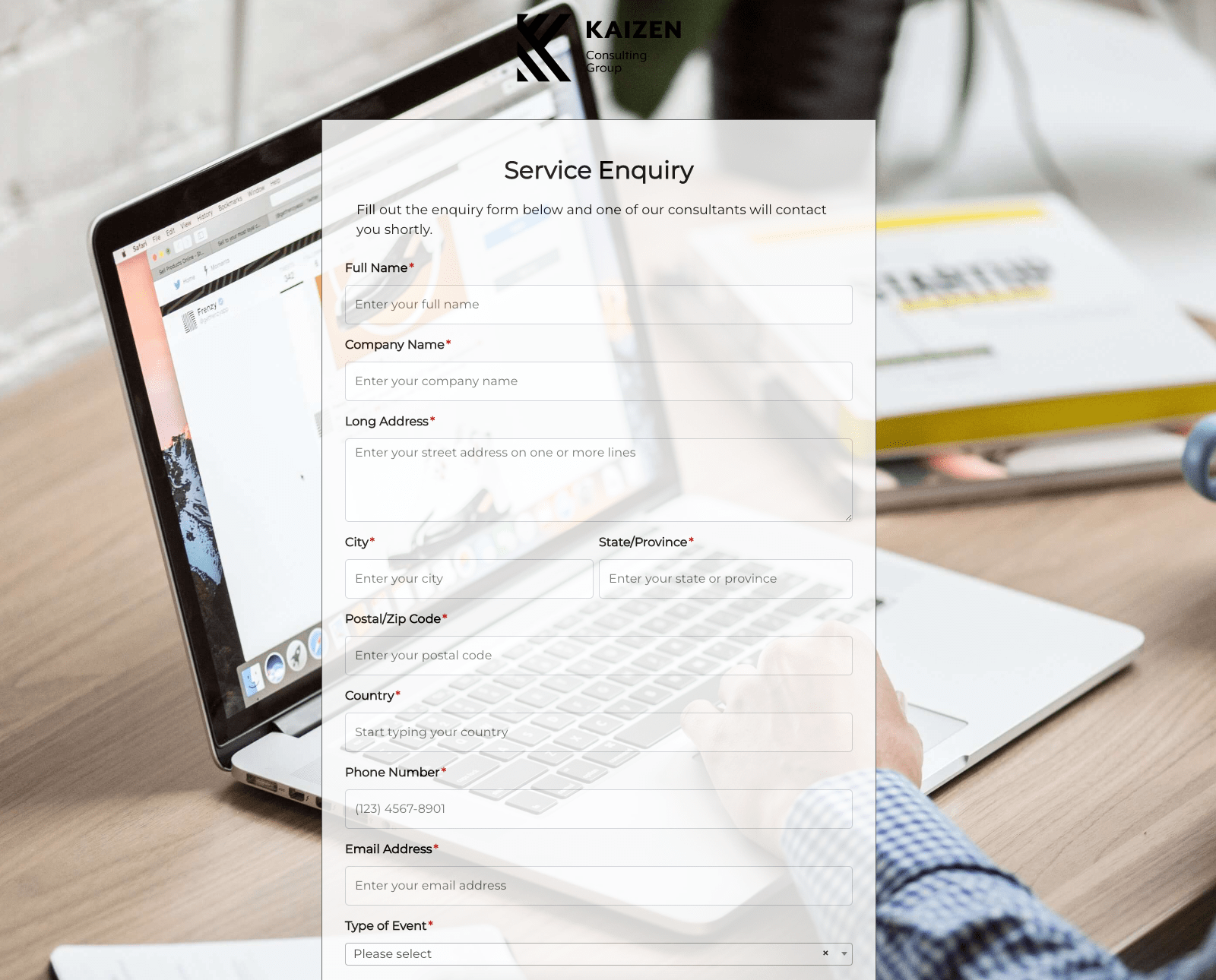 Service Enquiry Form
Service Enquiry Form
 Skydiving Registration Form
Skydiving Registration Form
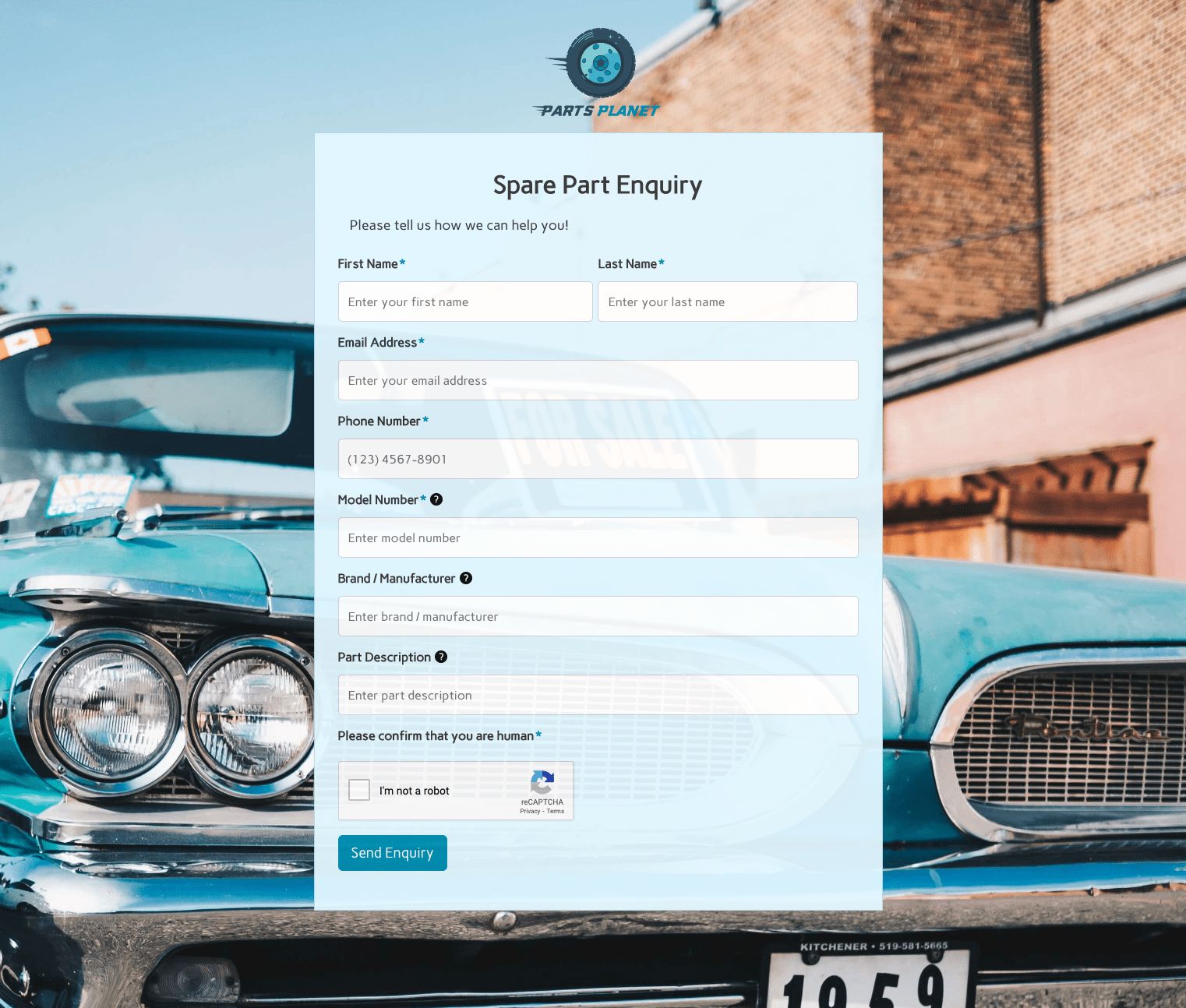 Spare Part Enquiry Form
Spare Part Enquiry Form
 Staff Application Form
Staff Application Form
 Submission Form
Submission Form
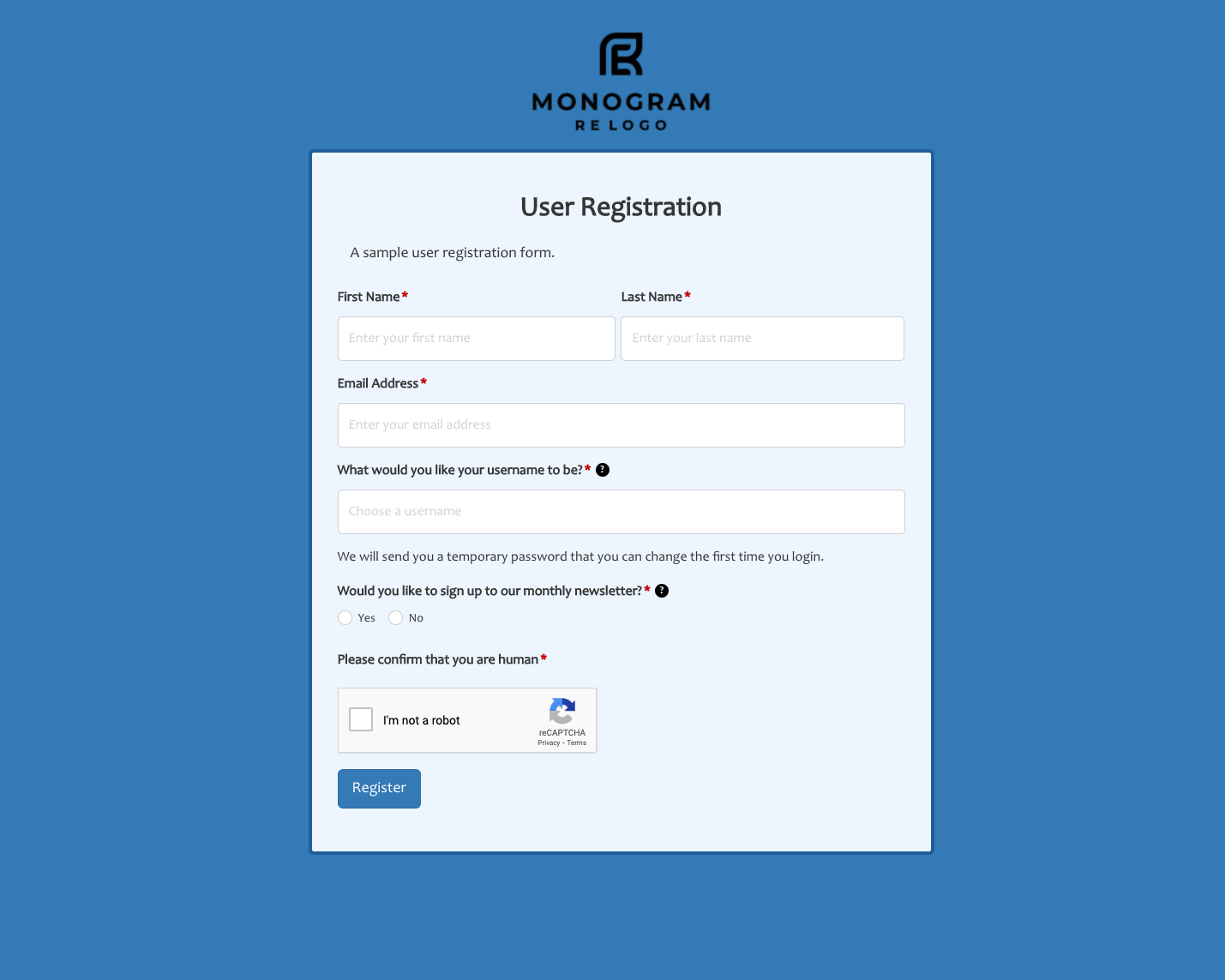 User Registration Form
User Registration Form
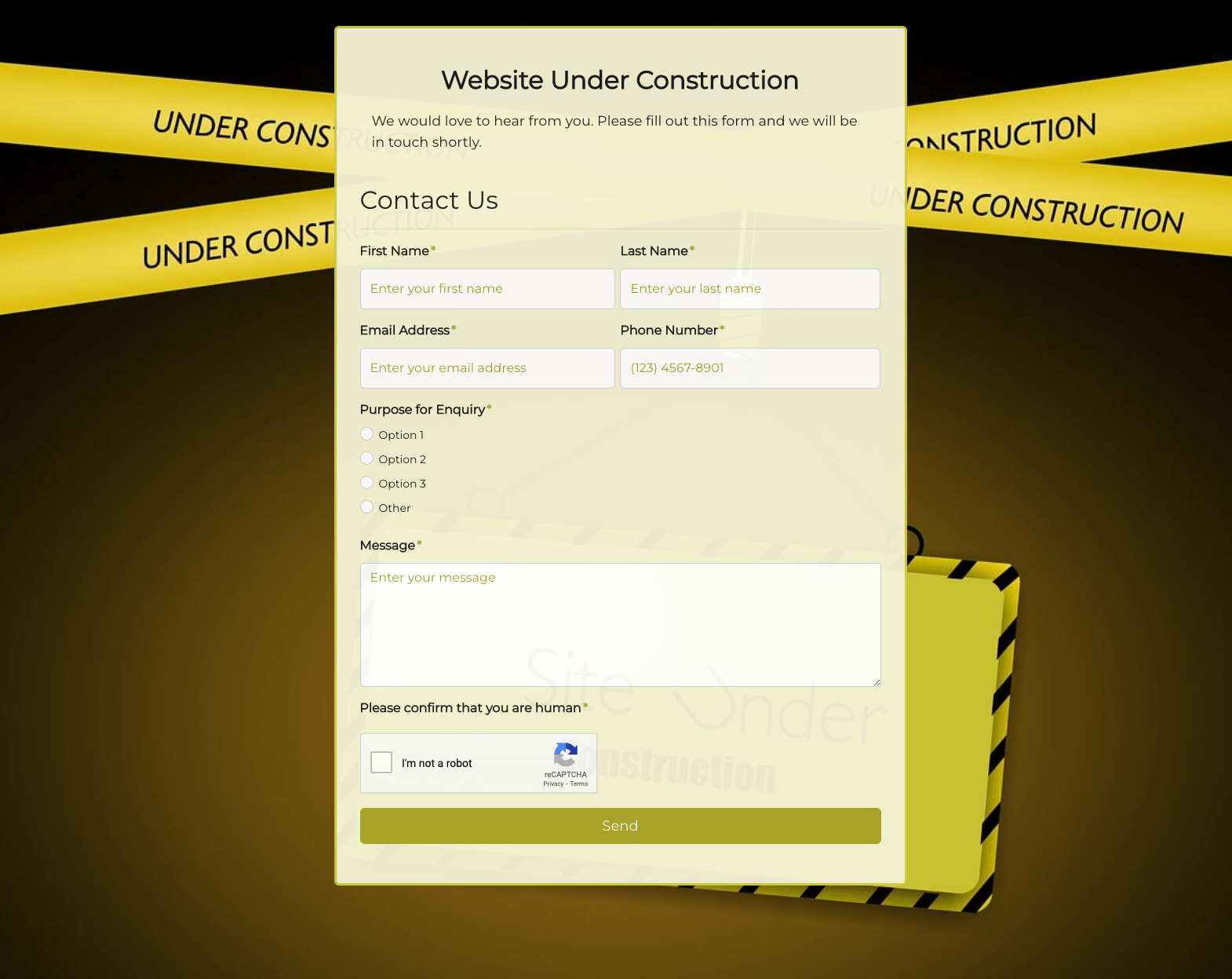 Website Under Construction Form
Website Under Construction Form
 Wedding Photographer Form
Wedding Photographer Form
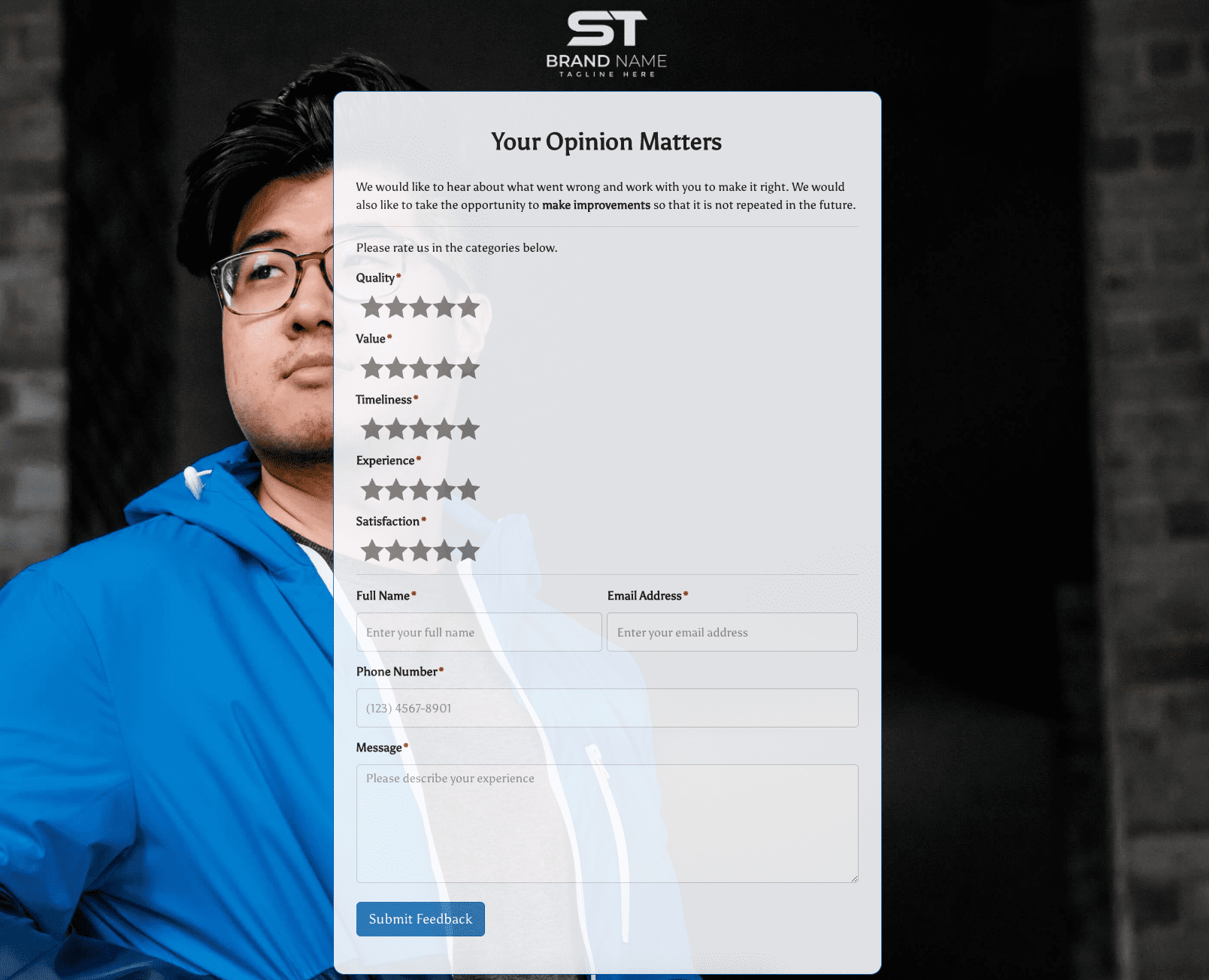 Your Opinion Matters Form
Your Opinion Matters Form















